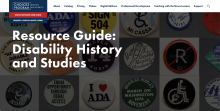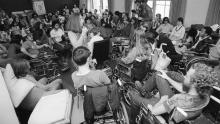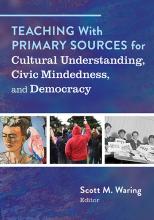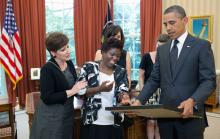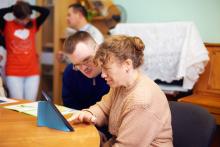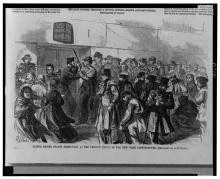Emerging America History eNews is now: Inclusive History News
Committed to Access and Inclusion of All Learners in Civics, History and Social Studies
Created in response to teacher requests in 2013, the History eNews emailed monthly short descriptions and links of quality history and social studies events and resources.




